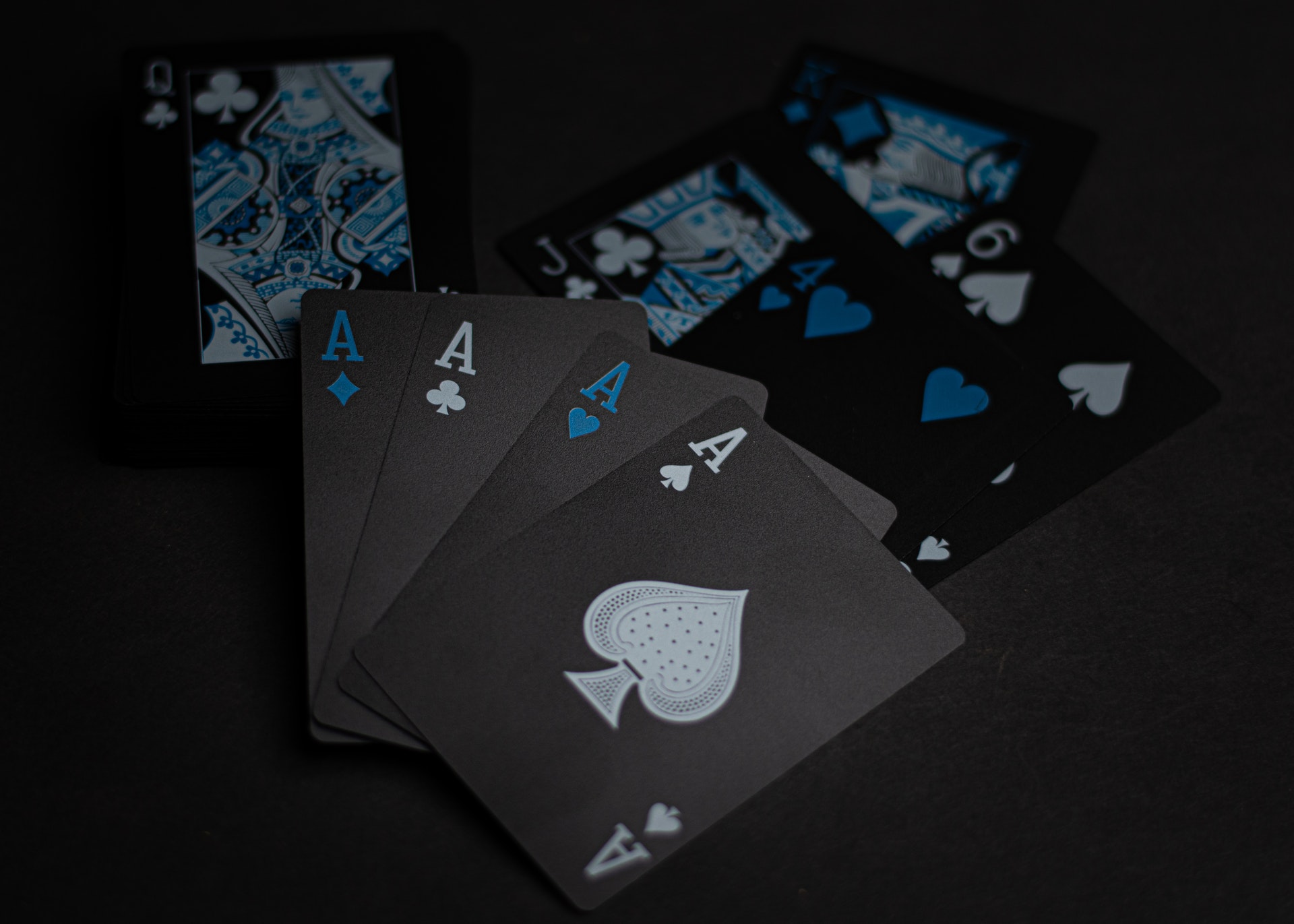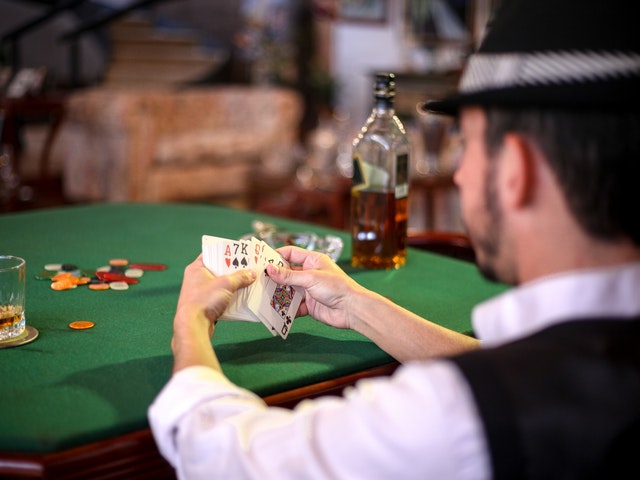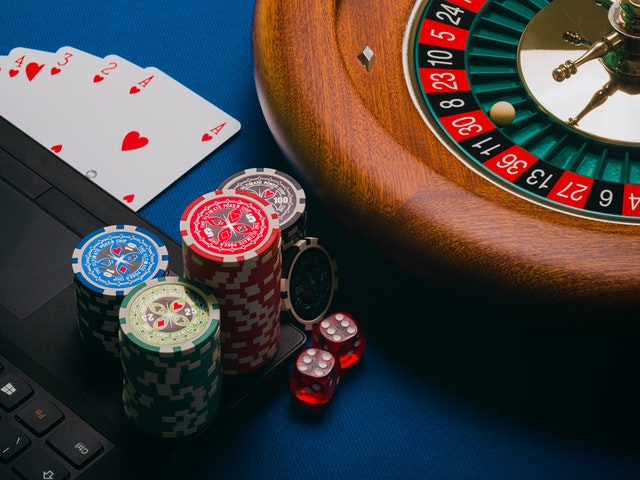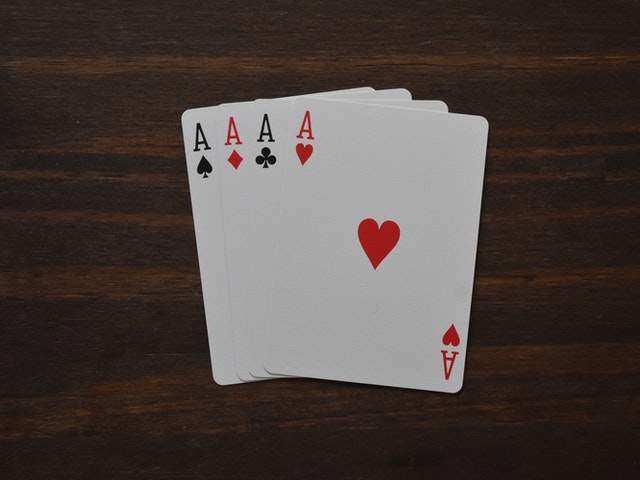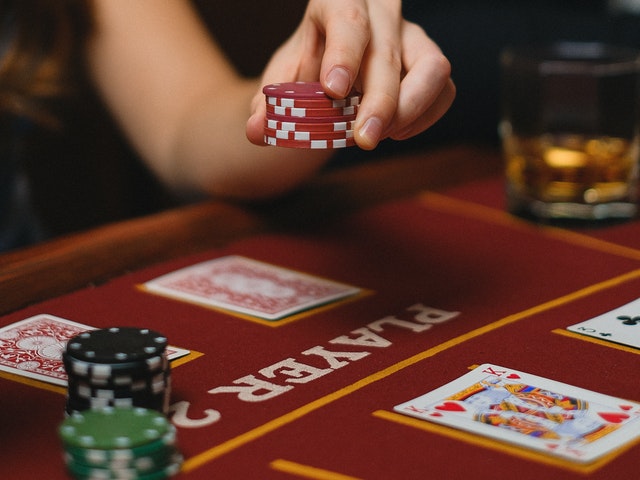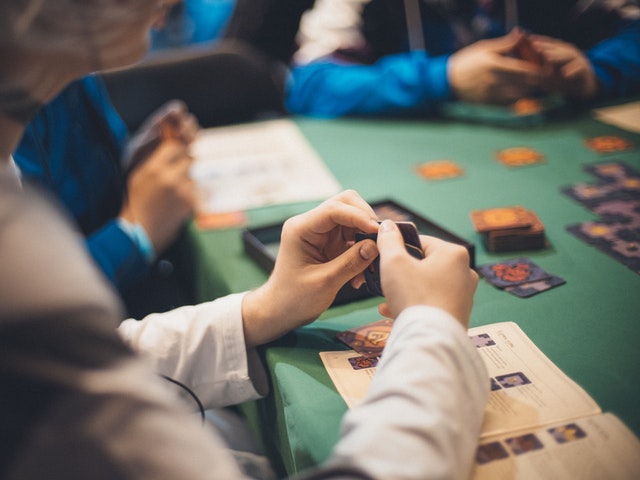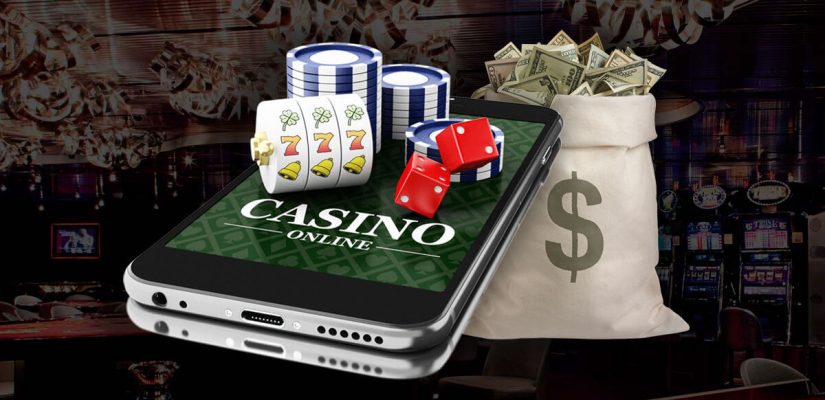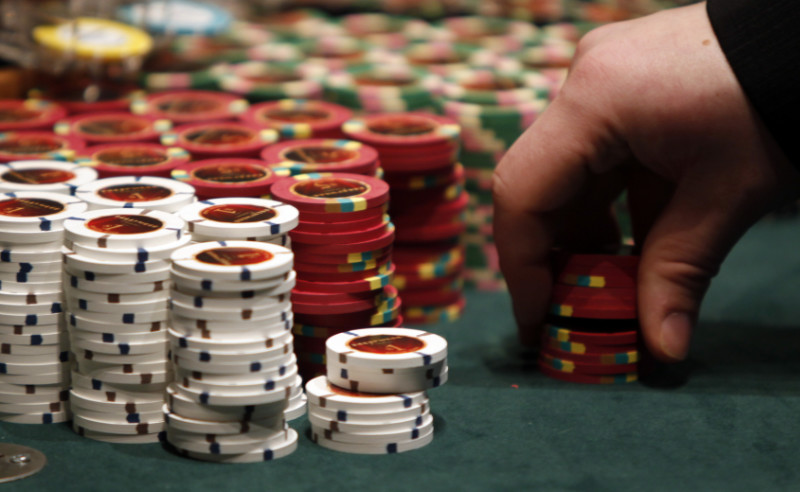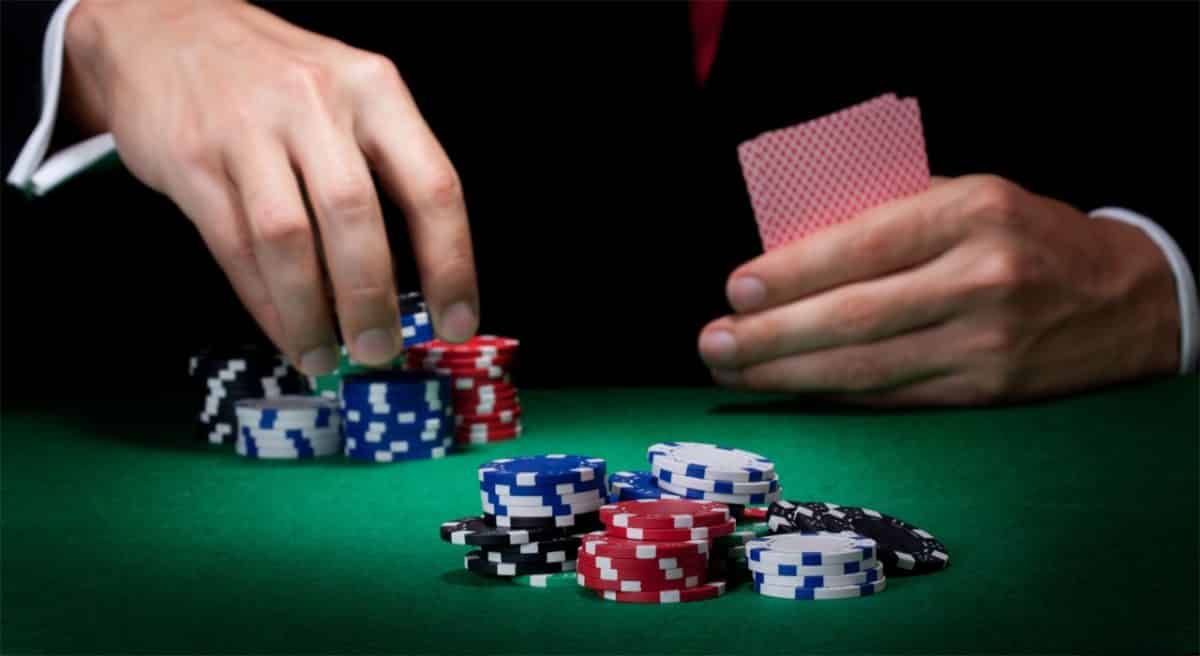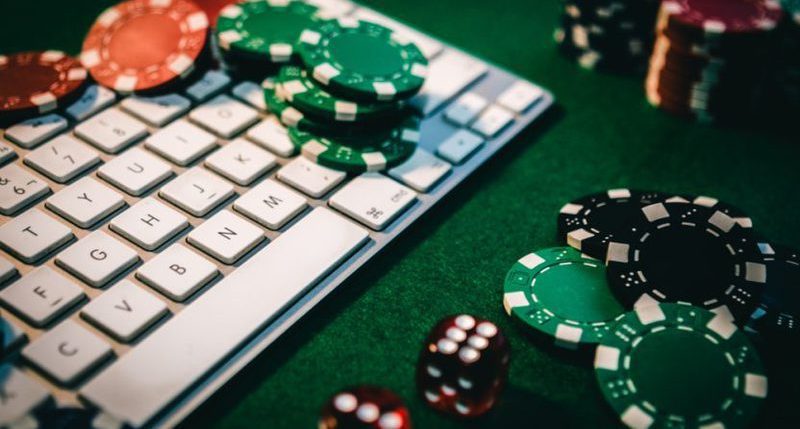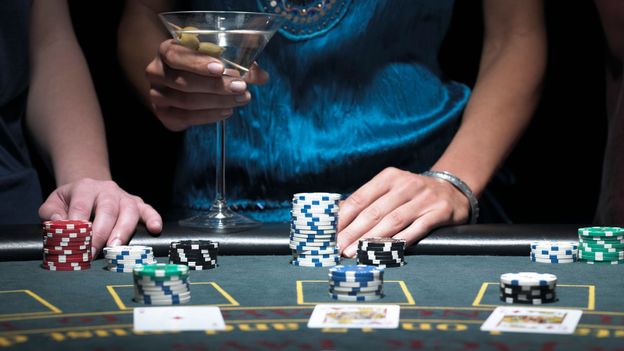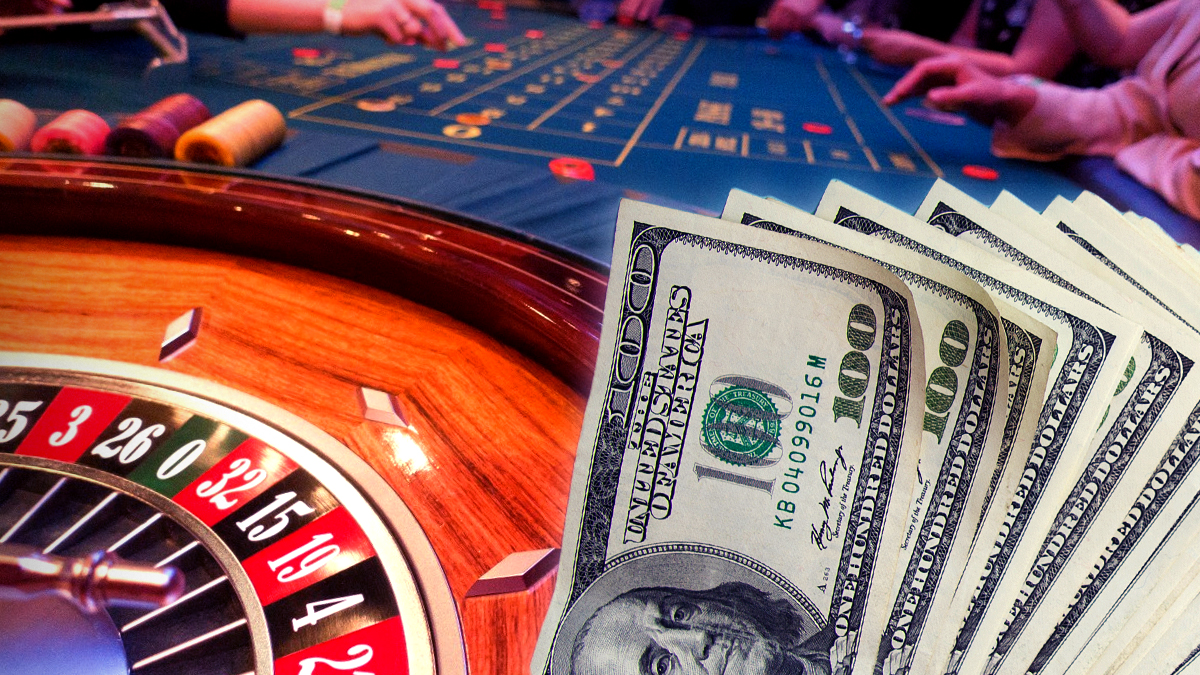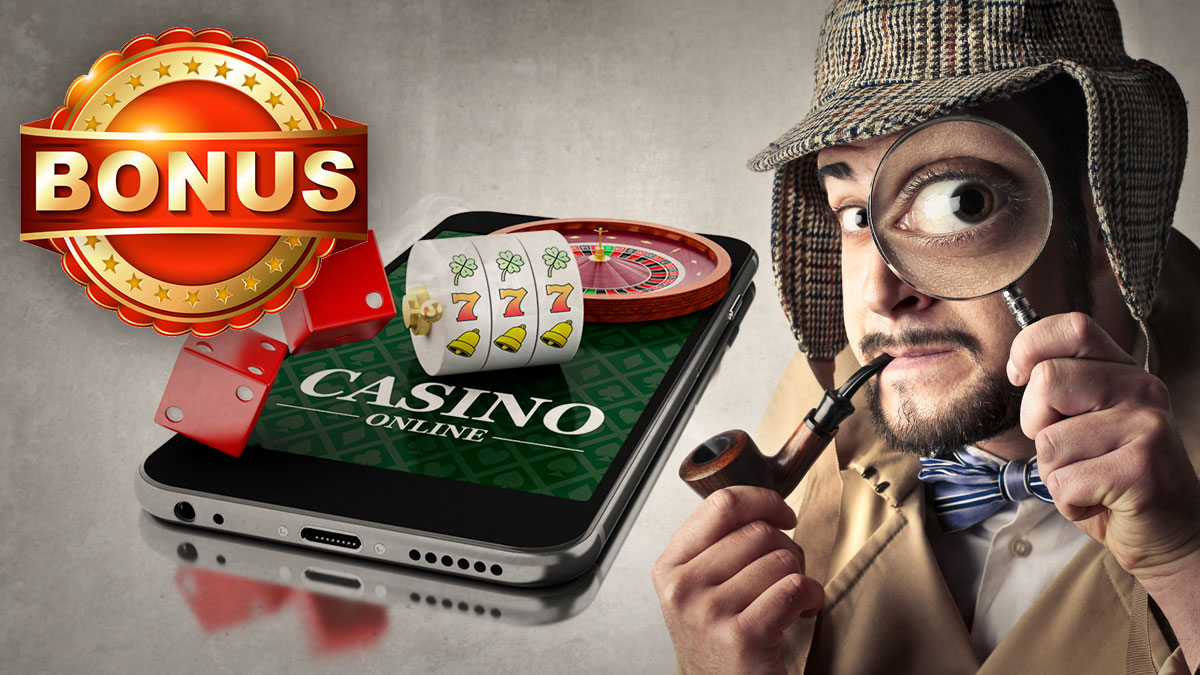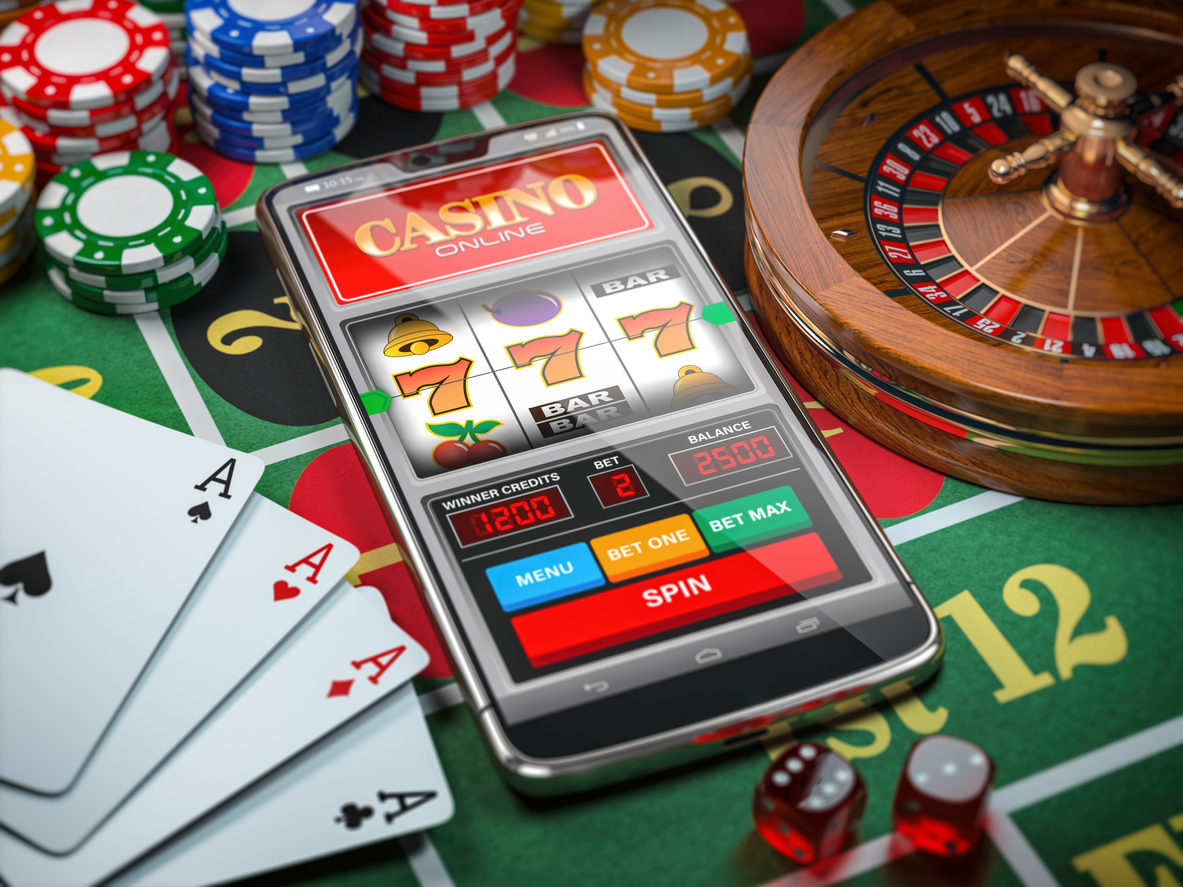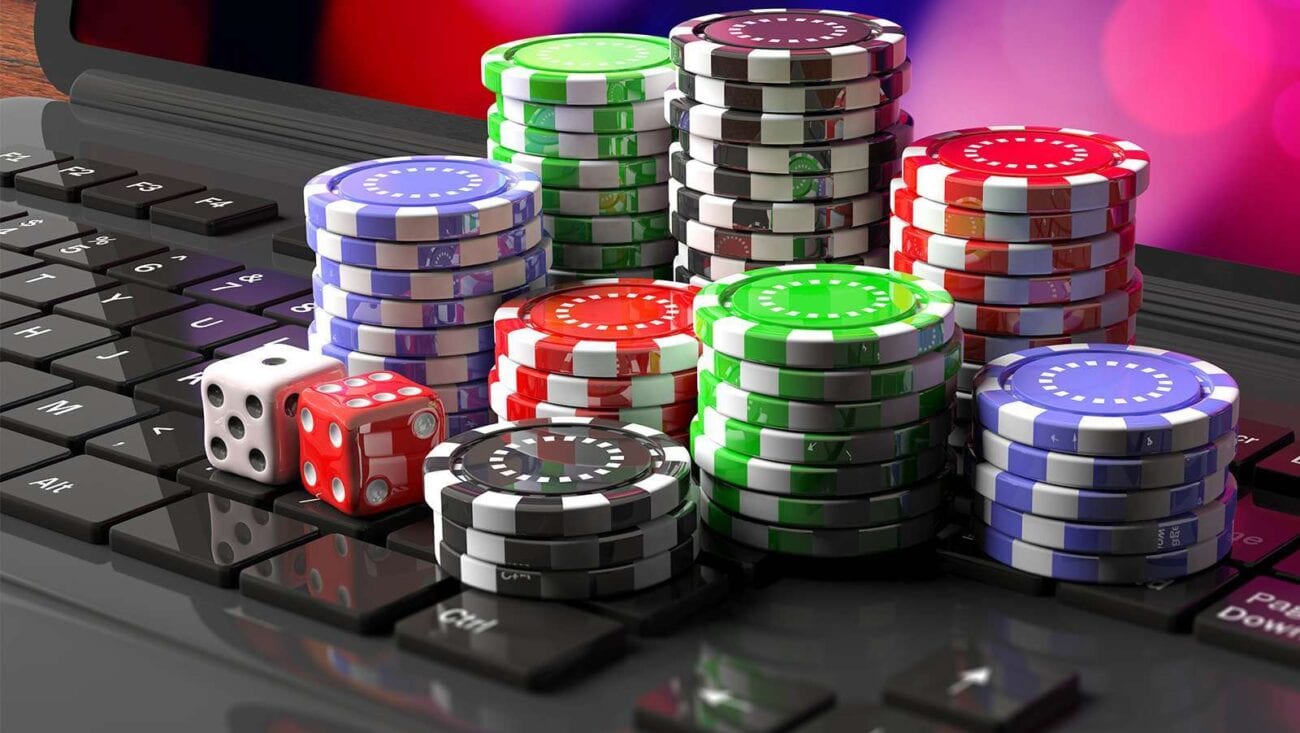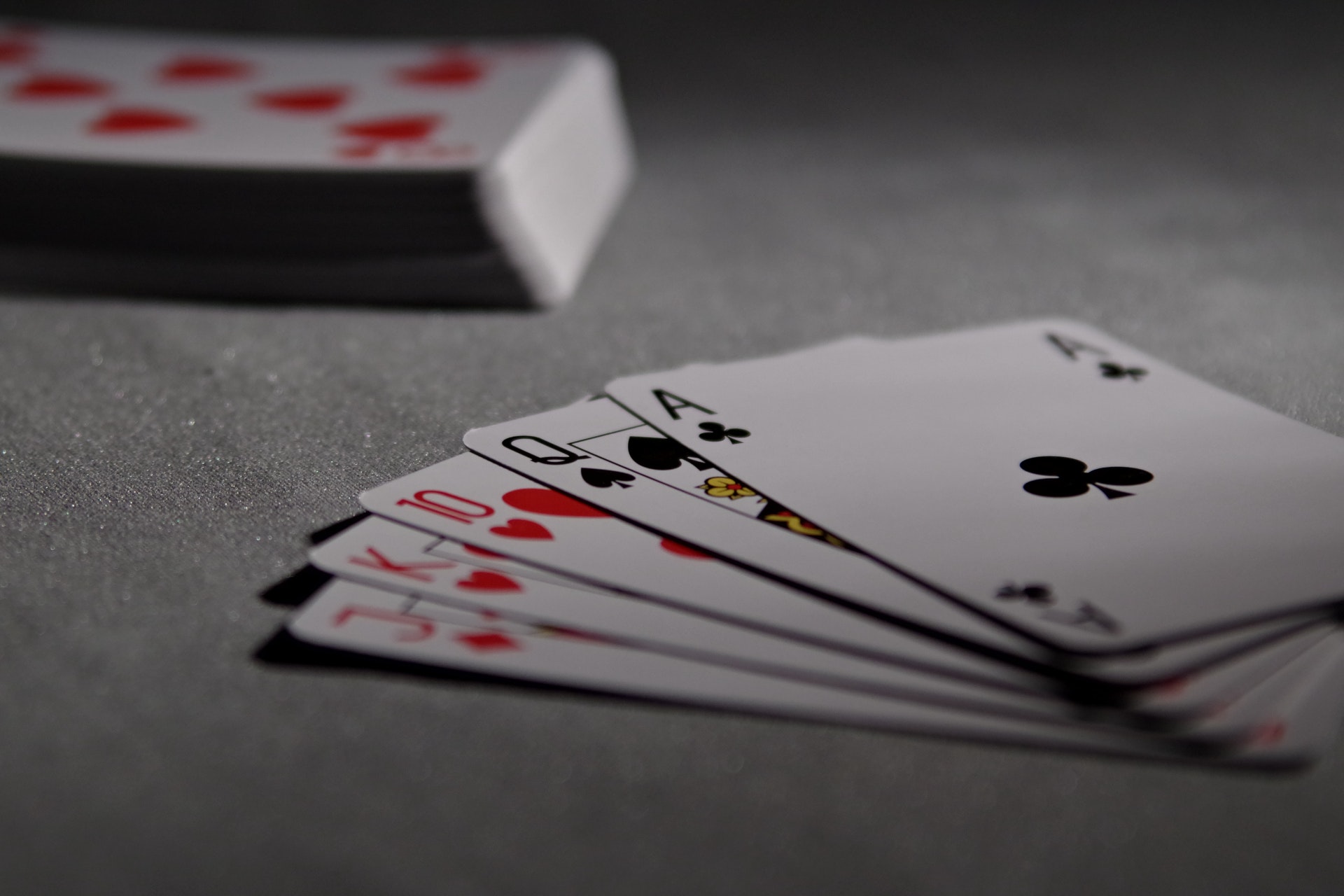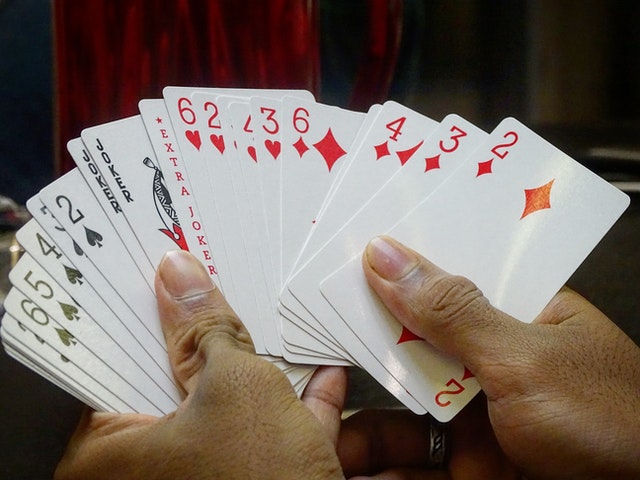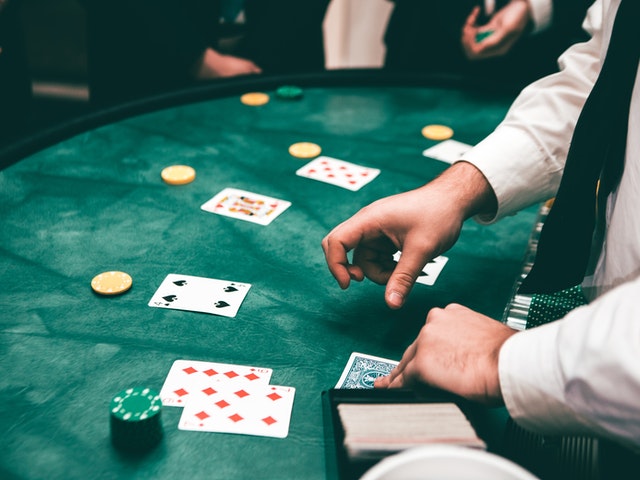Welcome to our article on gambling addiction treatment. We understand the challenges and struggles that come with addiction, and we’re here to provide guidance and support.
In this piece, we’ll explore different types of treatment programs ewallet casino malaysia, therapy options, support groups, and self-help strategies to help you overcome gambling addiction.
We believe in empowering individuals to find the right resources and tools for their recovery journey. Let’s embark on this path of healing together.

Types of Gambling Addiction Treatment Programs
We have found that outpatient counseling and support groups are effective types of gambling addiction treatment programs.
For individuals seeking freedom from their gambling addiction, these programs offer a supportive and understanding environment my3win. Outpatient counseling allows individuals to receive professional guidance and therapy on a regular basis, while still maintaining their daily routines and responsibilities.
Support groups provide a sense of community, where individuals can share their experiences, challenges, and triumphs with others who understand their struggles.
Additionally, residential treatment programs offer a more intensive level of care for those who require a structured and immersive approach to their recovery. These programs often incorporate cognitive behavioral therapy, which helps individuals identify and change negative thought patterns and behaviors related to gambling.
Overall, these treatment options provide a range of choices for individuals seeking help with their gambling addiction.
Therapy Options for Gambling Addiction
In our therapy sessions, we explore various options to address and overcome the challenges associated with gambling addiction. We understand that each individual’s journey is unique, and we’re here to provide guidance, support, and understanding.
One of the most effective therapy options for gambling addiction is cognitive behavioral therapy (CBT). CBT helps individuals identify and change unhealthy thought patterns and behaviors related to gambling. It focuses on developing coping strategies, improving decision-making skills, and enhancing self-control.
Additionally, medication options may be considered in conjunction with therapy. Medications such as antidepressants or anti-seizure medications have shown some success in reducing the urge to gamble. However, it’s important to note that medication should always be used under the guidance of a healthcare professional.
Our goal is to empower you with the tools and resources needed to reclaim your freedom from gambling addiction.
Support Groups for Gambling Addiction Recovery
Through support groups, we connect with others who’ve experienced similar struggles and can offer empathy, understanding, and encouragement on our path to recovery. These groups provide a safe space where we can share our stories, fears, and triumphs, knowing that we’re among people who truly understand.
Whether it’s a physical meeting or an online support group, the sense of community and support is invaluable.
Additionally, family involvement plays a crucial role in our recovery journey. Our loved ones can attend support group sessions specifically designed for them, where they can learn about our addiction, gain insight into our challenges, and find ways to support us effectively.
Involving our families not only helps us feel loved and supported but also fosters healthier relationships and promotes a more holistic approach to our recovery.

Self-Help Strategies for Overcoming Gambling Addiction
As individuals recovering from gambling addiction, we can find empowerment and strength by implementing self-help strategies that promote healthy coping mechanisms and personal growth.
It’s important to recognize that overcoming gambling addiction is a journey, and there will be challenges along the way. By developing effective coping mechanisms, we can better navigate these challenges and maintain our recovery.
One key strategy is to identify triggers and develop alternative activities that provide a sense of fulfillment and satisfaction. Engaging in hobbies, exercising, or seeking support from loved ones can help redirect our focus and reduce cravings.
Additionally, practicing self-care and mindfulness techniques can promote emotional well-being and reduce stress.
Relapse prevention is another crucial aspect of our recovery journey. By staying connected to support networks, attending therapy or counseling, and developing a relapse prevention plan, we can increase our chances of maintaining long-term sobriety.
Finding the Right Resources for Gambling Addiction Treatment
As individuals in recovery, we can greatly benefit from connecting with the right resources that provide support and guidance for overcoming gambling addiction. Finding professional help can be a crucial step towards reclaiming our lives and achieving freedom from the grip of this destructive habit. It’s important to remember that seeking help is not a sign of weakness, but rather a brave and empowering choice.
To help you on your journey, we have compiled a table of resources that can assist you in finding the right support:
| Resource | Description | Contact Information |
|---|---|---|
| Gambling Helpline | Provides confidential support and information for individuals in need | Phone: 1-800-522-4700 |
| Therapist/Counselor | Offers specialized counseling to address the underlying causes of addiction | Contact your local mental health center |
| Support Groups | Connects you with others who understand your struggles and provide encouragement | Check local community centers or online platforms |
Conclusion
In conclusion, seeking treatment for gambling addiction is a brave and important step towards recovery. There are various types of programs and therapy options available, as well as support groups and self-help strategies to assist in overcoming this addiction.
Remember, you aren’t alone in this journey and there are resources out there to help you. By finding the right resources and seeking support, you can regain control of your life and overcome gambling addiction.

